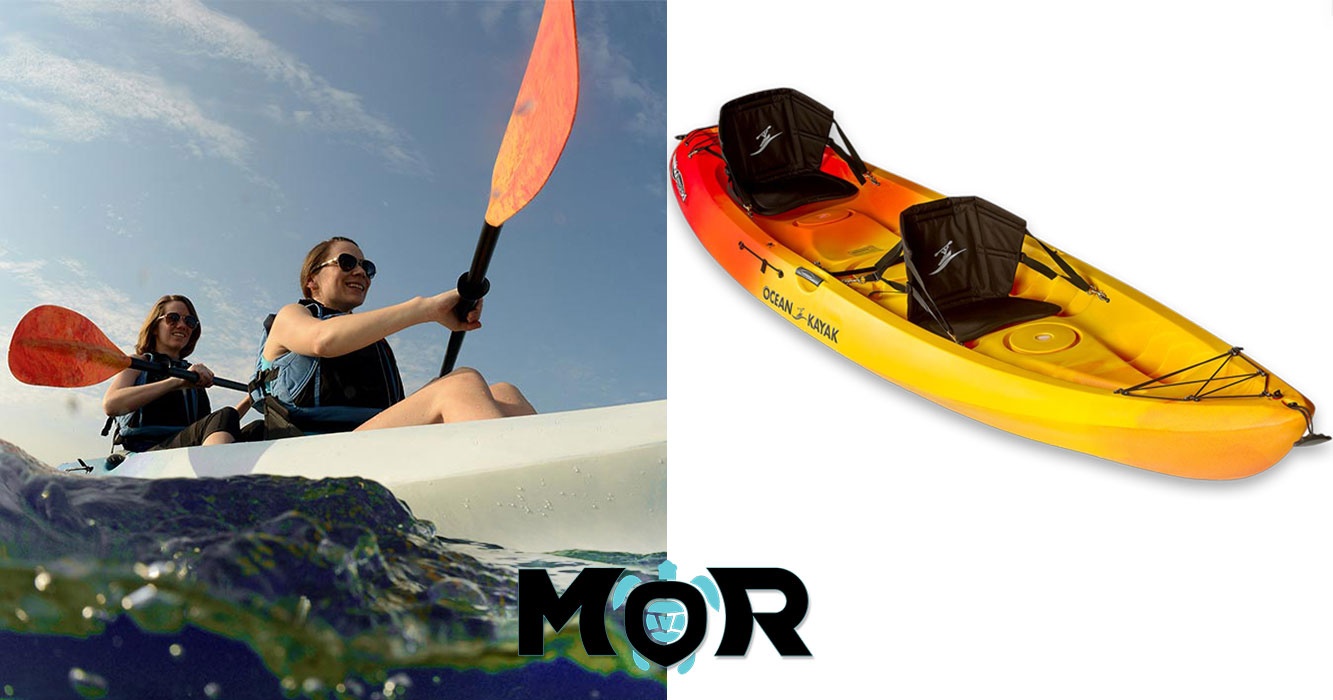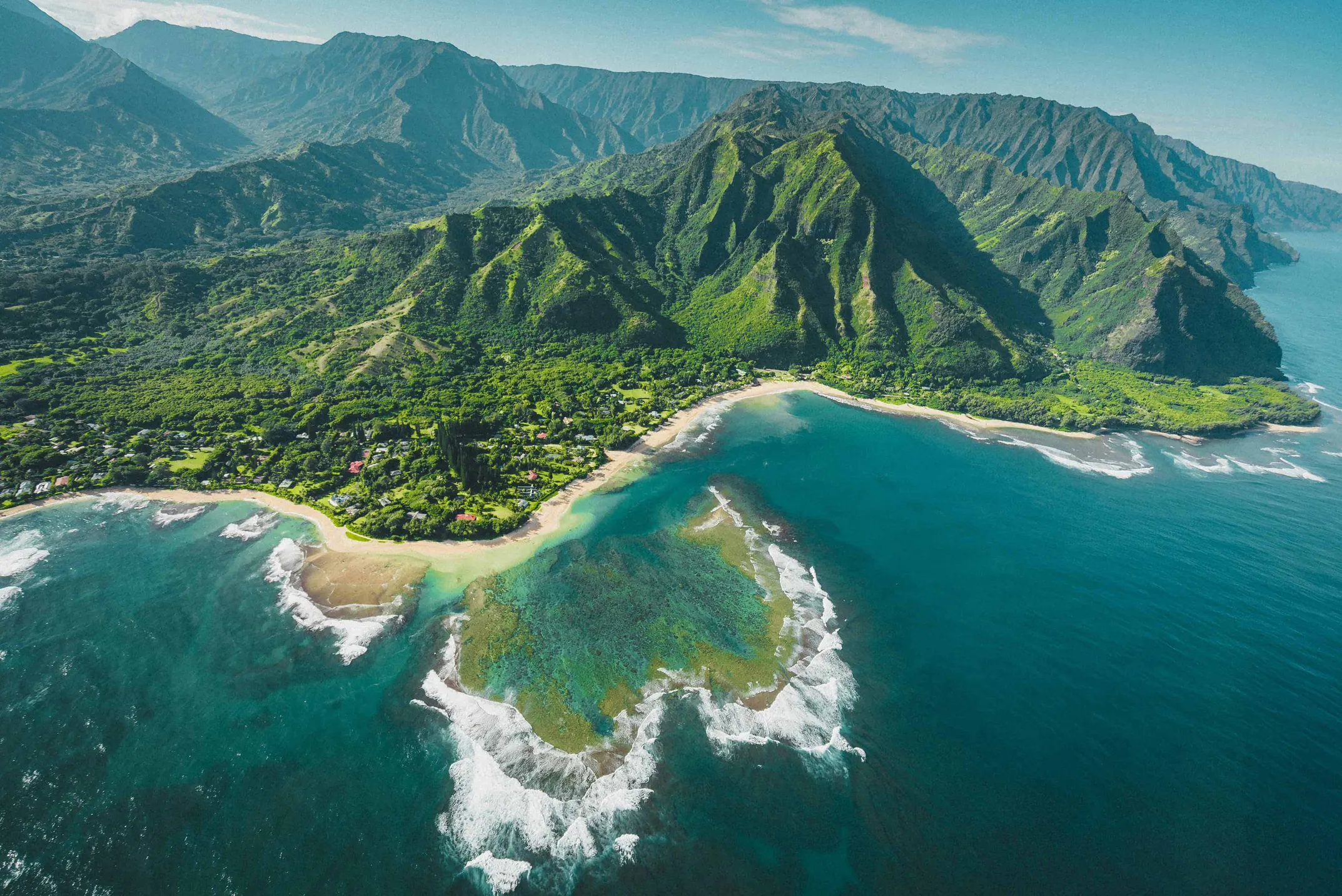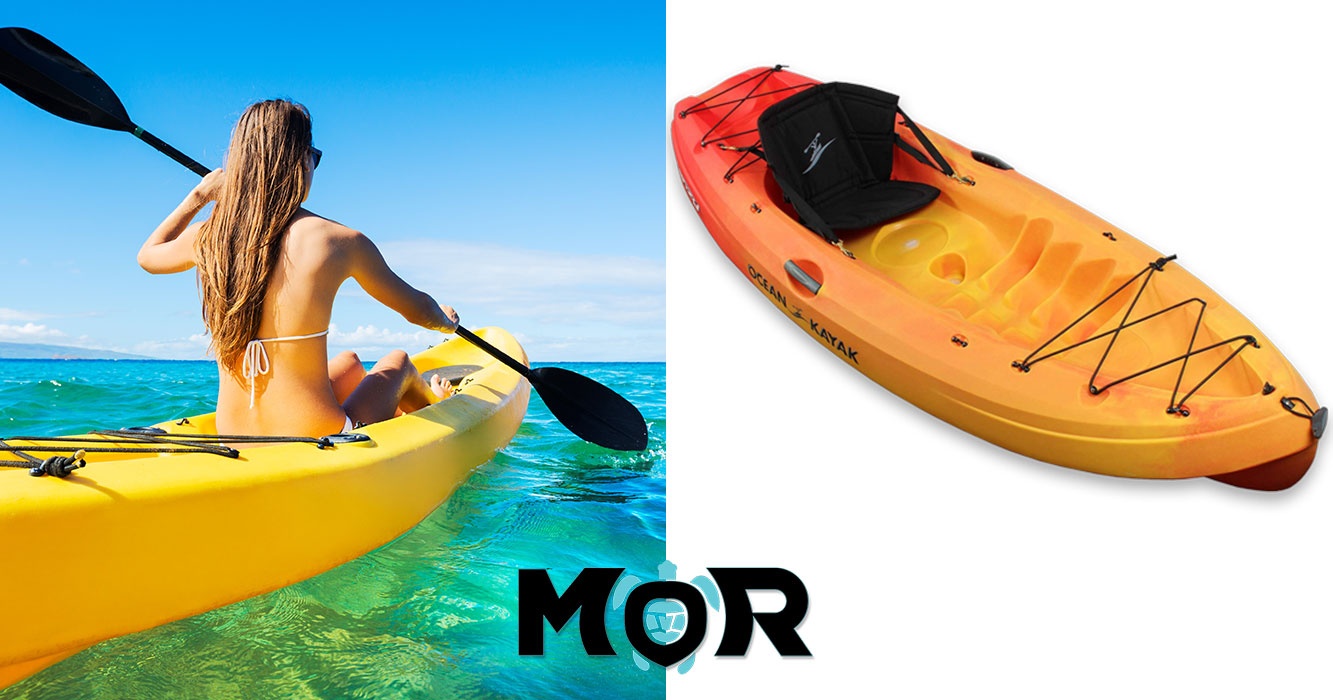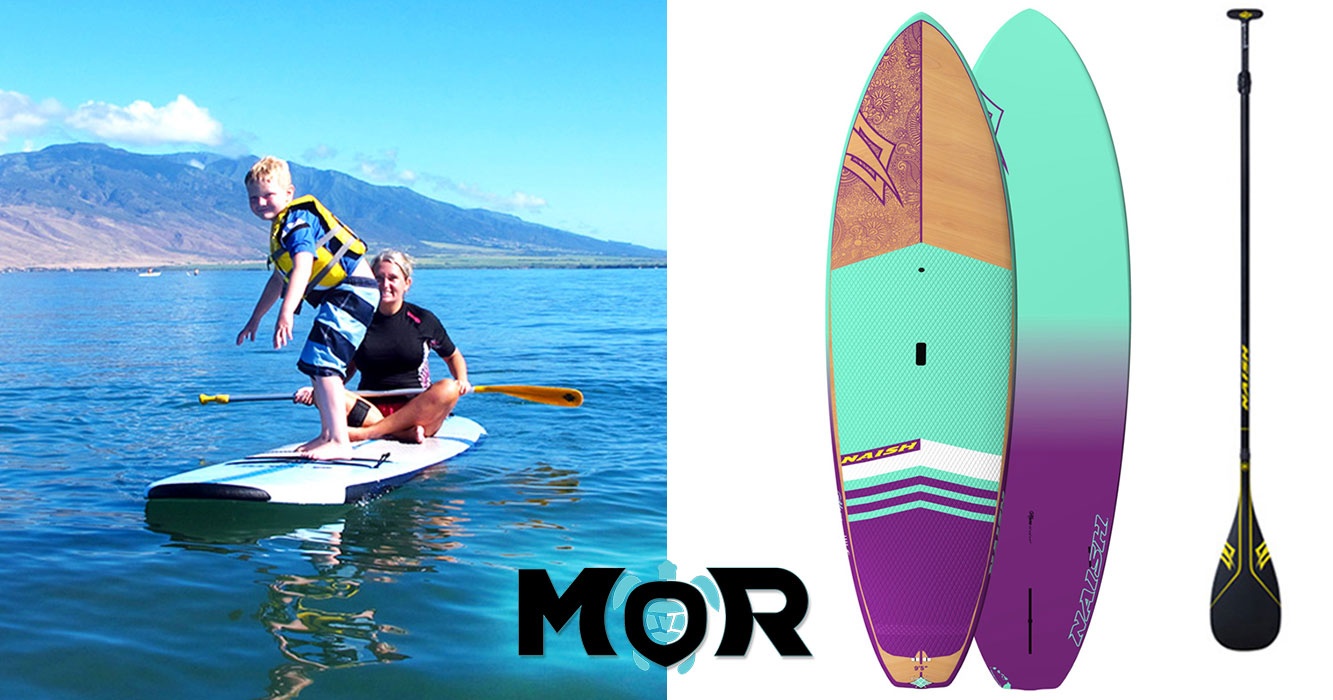

Cultural Guide
The Language of Mālama and Traveling with Pono
The Language of Mālama: A Hawaiian Glossary
Understanding the language helps you connect more deeply with the culture. Here are essential Hawaiian terms that will enrich your understanding:
Mālama (mah-LAH-mah)
To care for, tend, preserve, protect. A foundational value of reciprocal care.
ʻĀina (EYE-nah)
Land, earth. Not just dirt, but a respected elder sibling and source of life.
Kai (kye)
Ocean, sea. A vital source of food, travel, and spiritual connection.
Pono (POH-noh)
Righteousness, balance, integrity. The state of being in perfect harmony.
Kuleana (koo-leh-AH-nah)
A sacred responsibility that is also a right and a privilege.
Aloha (ah-LOH-hah)
Love, hello, goodbye. A spirit of kindness, unity, and respect.
Lōkahi (loh-KAH-hee)
Unity, harmony. A core value emphasizing working together.
ʻOhana (oh-HAH-nah)
Family, including extended relatives and close community members.
Kōkua (koh-KOO-ah)
To help, assist. A call to offer aid and support without being asked.
Mahalo (mah-HAH-loh)
Thank you. An expression of gratitude.
Mauka/Makai (MOW-kah/mah-KYE)
Toward the mountains/toward the sea. Essential directional terms.
Heiau (HAY-ow)
A sacred temple or place of worship.
Kalo (KAH-loh)
Taro. The staple food and elder sibling of the Hawaiian people.
Kūpuna (koo-POO-nah)
Elders, ancestors. Respected repositories of wisdom and knowledge.

Experience Authentic Hawaiian Culture
Join cultural tours that honor traditions and support local communities. Learn directly from cultural practitioners and experience the true spirit of aloha.
Book Cultural ExperienceThe Visitor's Kuleana: Traveling with Pono and Aloha
Respectful travel in Hawaiʻi is not just about "good manners"; it is the daily application of the mālama worldview. Every action is a chance to acknowledge the values of the host culture. It begins with understanding the true meaning of "aloha"—a way of life defined by akahai (kindness), lōkahi (unity), ʻoluʻolu (agreeableness), haʻahaʻa (humility), and ahonui (patience).
✅ DO These Things
Take Off Your Shoes
Before entering someone's home, always remove your shoes at the door. You'll see a pile of slippahs (flip-flops) outside most homes.
Accept a Lei Graciously
A lei is a symbol of friendship, love, and welcome. Accept it with gratitude and wear it proudly. Never remove it in front of the giver.
Understand the People
Know the difference: "Hawaiian" refers to Native Hawaiian ancestry (Kānaka Maoli), while "local" means anyone born and raised in Hawaiʻi.
Drive with Aloha
Island life moves at a different pace. Pull over safely to let locals pass on narrow roads. Avoid honking except in emergencies.
Respect the Hula
Hula is a sacred art form where every movement tells a story. Watch performances with reverence and avoid talking or walking around.
❌ DON'T Do These
Try to Speak Pidgin
Hawaiian Pidgin is a recognized creole language with distinct grammar. Attempting to speak it without growing up with it can come across as mockery.
Take Lava Rocks
Taking lava rocks is deeply disrespectful to Pele, the goddess of volcanoes, and it's believed to bring bad luck.
Stack Rocks
Modern rock stacking is not a Hawaiian tradition and can desecrate sacred sites. Leave natural formations undisturbed.
Use Harmful Sunscreen
Sunscreens with oxybenzone and octinoxate cause coral bleaching. Use reef-safe, mineral-based alternatives only.
Waste Water
Fresh water is precious on islands. Take shorter showers, turn off taps, and report any leaks you find.
Wahi Pana: Respecting Hawaiʻi's Sacred Sites
Throughout the islands, you will find wahi pana—sacred, storied places. These may be ancient heiau (temples), burial sites, or natural landmarks imbued with spiritual power. They are not tourist attractions; they are places of deep cultural and spiritual significance that require your utmost respect.
Essential Protocol for Sacred Sites
Ask Permission
Stand in quiet reflection. Silently ask the kūpuna and spirits for permission to enter with humility.
Silence is Golden
Show respect through quiet behavior. Avoid loud talking and maintain the harmony of the place.
Look, Don't Touch
Do not touch, move, or sit on any stone structures. These are often ancient walls or altars.
Stay on Paths
Always stay on marked trails and respect signs indicating areas that are kapu (forbidden).
No Offerings
Don't leave incense, crystals, or other items. Your silent prayer and respect are the most appropriate offerings.
No Photography
It's often disrespectful to photograph sacred sites. The experience should be personal and spiritual.
By following this guidance, you move from being a passive tourist to a respectful pilgrim. You empower yourself to interact with our culture confidently and correctly, building trust and ensuring that these sacred places are preserved for generations to come.

📚 Quick Reference
- Greeting: Aloha
- Thank you: Mahalo
- Family: ʻOhana
- Toward mountains: Mauka
- Toward ocean: Makai
🌺 Aloha Spirit Law
- Akahai (Kindness)
- Lōkahi (Unity)
- ʻOluʻolu (Agreeableness)
- Haʻahaʻa (Humility)
- Ahonui (Patience)
🔗 Related Mālama Guides
🌿 Daily Mālama
- • Use reef-safe sunscreen
- • Conserve water daily
- • Pack out all trash
- • Support local businesses
- • Learn before you visit

